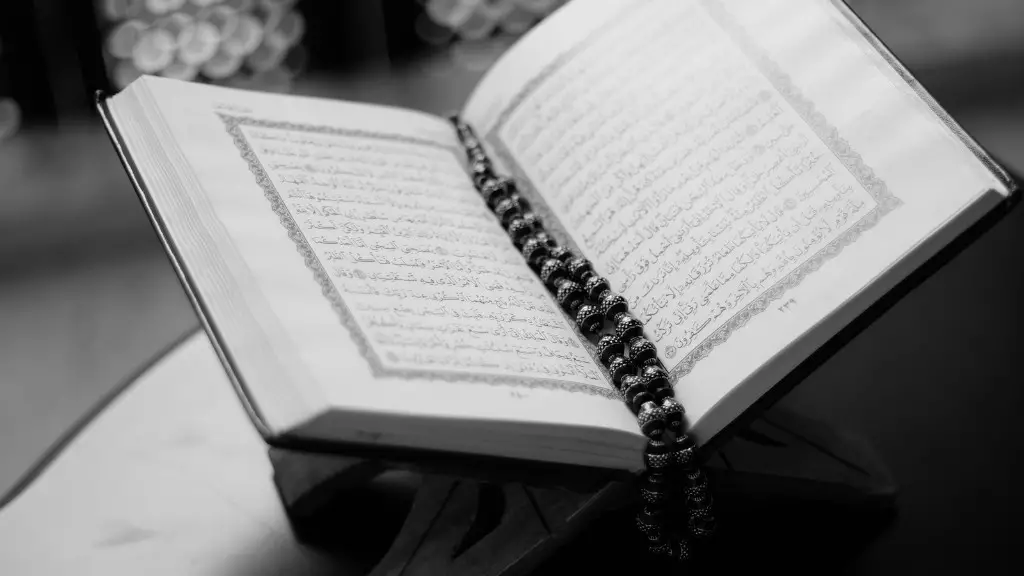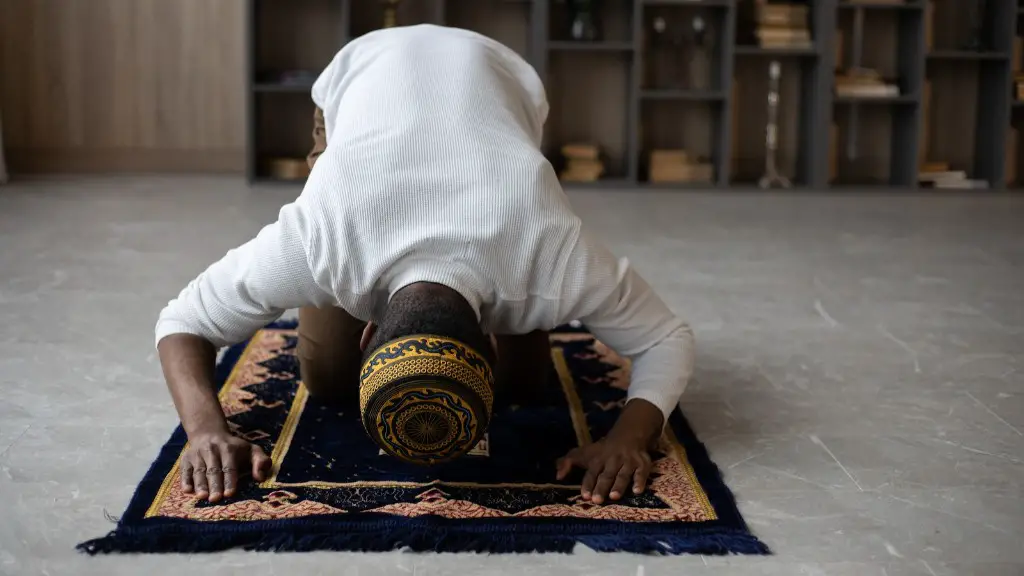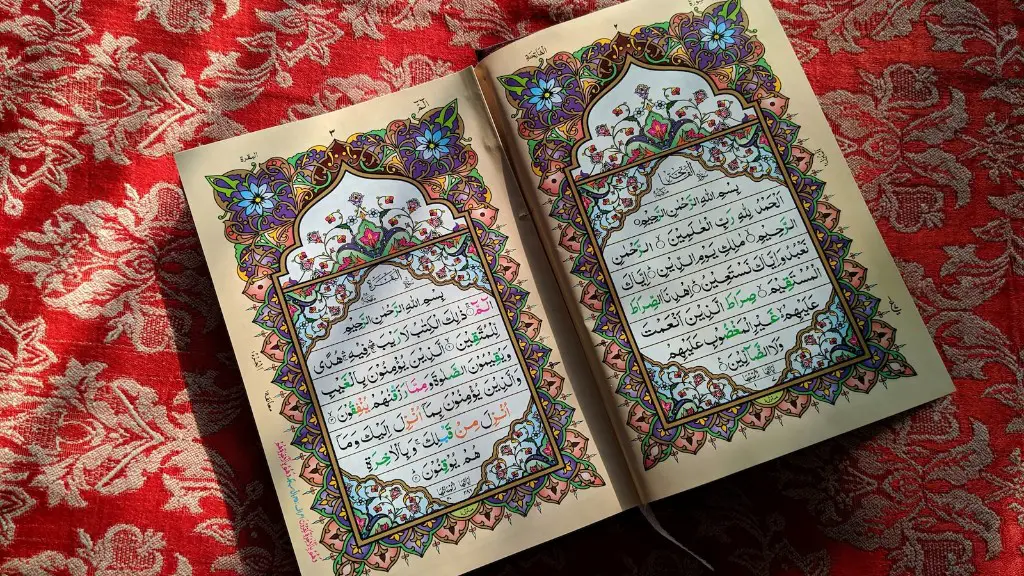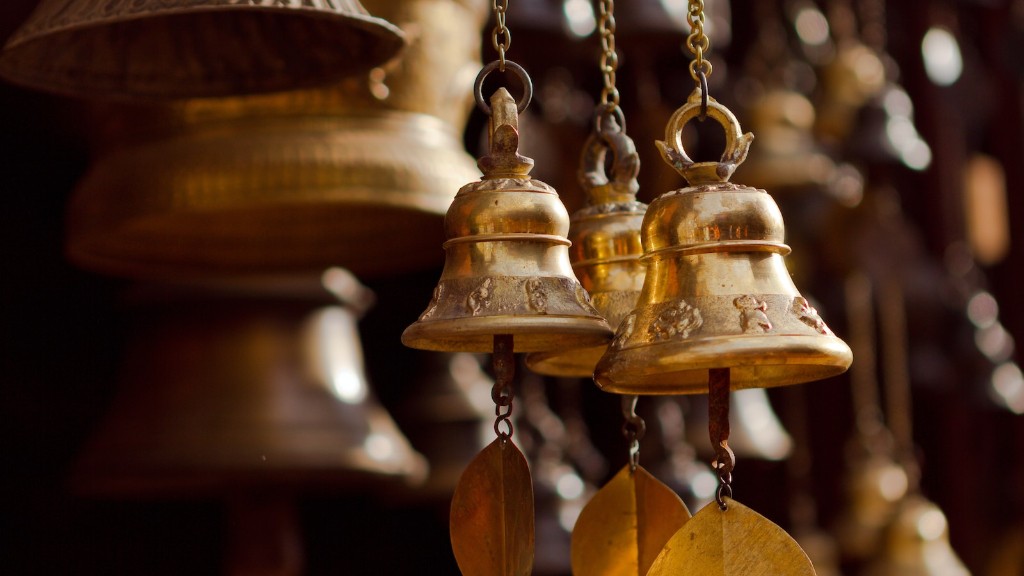Islam is a religion that began in the 7th century in the Arabian Peninsula. The founder of Islam, the Prophet Muhammad, preached and taught the new religion. His followers spread Islam to different parts of the world. Islam became a significant religion in many countries. There are now over 1.5 billion Muslims in the world.
There are a number of ways in which Islam spread throughout the world. One of the most important ways was through trade. Muslim traders would travel to different parts of the world and spread Islam through their interactions with people of different cultures. Another important way was through military conquest. Muslim armies would conquer new territories and spread Islam to the people living there.
How did Islam begin and spread?
The growth and spread of Islam began with the Prophet Muhammad sharing his divine revelations and spreading messages he received from Allah. He and his followers were persecuted and had to flee to the neighboring city of Medina in 622. There they were welcomed and the faith grew. The Islamic faith continued to grow and spread throughout the world, reaching millions of people.
Islam spread quickly for a variety of reasons. First, Mecca was situated at the crossroads of many major trade routes. This made it an ideal location for the spread of Islam. Additionally, the Muslim military conquered a great deal of territory, which also contributed to the religion’s spread. Finally, the Muslims were known for their fair treatment of conquered peoples, which made them more willing to accept Islam.
How and where did Islam spread to
The early caliphates, along with Muslim economics and trade, contributed to the spread of Islam throughout the world. The Islamic Golden Age and the age of the Islamic gunpowder empires further increased the reach of Islam, creating the Muslim world.
Islam is a monotheistic religion that began in the 7th century in Arabia. The word “Islam” means “submission” or “surrender” and is derived from a word meaning “peace.” Islam is based on the belief in one God (Allah) and the teachings of the prophet Muhammad. Muslims believe that Muhammad is the final prophet sent by God to humanity and that the Quran is the final and infallible word of God.
Islam teaches that there is only one way to live according to God’s will and that is through submission to His laws. Muslims also believe in the Day of Judgment, when all people will be judged according to their deeds. Those who have lived a good life according to Islam will be rewarded with paradise, while those who have not will be punished with hell.
Islam is the second largest religion in the world with over 1.6 billion followers. Muslims can be found in every corner of the globe and come from all walks of life.
What are two ways Islam spread?
Islam is a religion that was spread through political and religious means. Muslim rulers gained control of many areas and some of their followers stayed with them and converted to Islam. Trade also played a role in the spread of Islam beyond areas under Muslim control.
The Islamic empire was one of the largest empires in history. It began in Southwest Asia (Middle East) and quickly expanded into Africa and then deeper into Asia. The territory was under Islamic control, but most of the people did not convert to Islam immediately. Islamic rulers allowed people to worship their religion, but often they had to pay a protection tax.
What are 2 ways a religion can spread?
There are two types of diffusion: expansion and relocation. Expansion diffusion is the spreading of a religion by direct contact between believers and nonbelievers. Relocation diffusion is the movement of people into an area where the religion is not common, and they then spread the religion to others.
The Muslim conquest of North Africa in the 7th century CE was a key moment in the spread of Islam throughout West Africa. Islam spread to West Africa through merchants, traders, scholars, and missionaries, who brought the religion to African rulers and societies. In many cases, these rulers and societies converted to Islam peacefully, either because they saw the benefits of the religion or because they were tolerant of other faiths. However, there were also times when Muslim armies conquered African societies and forced them to convert to Islam. Overall, the spread of Islam to West Africa was a complex and gradual process that involved both peaceful and military means.
What religion is the fastest growing
There is no doubt that Islam is the fastest-growing religion in the world. Statistics show that the absolute number of adherents is increasing every year, and the percentage of growth is also increasing. Studies suggest that the growth of converts is also contributing to the overall growth of Islam.
Of the world’s major religions, Christianity is the largest, with more than two billion followers. Christianity is based on the belief in one God who created the world and all that is in it. Christians believe in the Bible as the authoritative source of their beliefs and practices.
What is the world’s first religion?
One of the principal faiths in the modern world, Hinduism is a religious tradition that is rich and varied. Hinduism dates back to ancient times, with complete scriptural texts that date back 3,000 years. Adherents to Hinduism believe in a variety of sacred texts, and believe that the religion is the oldest in the world. Hinduism is a complex religion, with many different sects and beliefs. However, the essential belief is in the Vedas, the ancient sacred texts of India.
The arrival of Islam to Africa was a turning point in the history of the continent. Islam brought with it new ideas and beliefs that slowly began to change African society. One of the most significant changes was the development of urban communities. Prior to the arrival of Islam, most Africans lived in rural villages. But with the rise of Islam came the rise of cities like Cairo, Baghdad, and Mecca. These cities became centers of learning and commerce, and attracted people from all over the Islamic world. As more and more Africans converted to Islam, the number of urban communities grew. This led to a new wave of economic and social development in Africa.
How did Islam spread to Europe
The Muslim conquest of the Iberian Peninsula was one of the most significant events in European history. It marked the first time that a major world religion (Islam) had gained a foothold in the heart of the continent. The Umayyad Caliphate, which was based in Damascus, controlled a vast empire that stretched from North Africa to India. The Arab armies that invaded the Iberian Peninsula in 711 were part of this vast imperial force.
The Muslim conquest of the Iberian Peninsula had far-reaching consequences for both Europe and the Islamic world. In Europe, the Muslim presence led to the development of a rich and vibrant culture that fused Arab and Berber influences with the indigenous Christian and Jewish traditions. In the Islamic world, the Muslim conquest of the Iberian Peninsula resulted in the spread of the Arabic language and culture to North Africa and Spain.
Islam expanded eastward through trade routes known as the maritime Silk Roads. Muslim merchants were known for their commercial talent and excellent sailing skills. This encouraged the growth of Muslim trade and the expansion of Islam into new areas.
Why is Christianity declining?
The Pew Research Center study found that the retention rate among American Christians is close to 67%. The study found that the primary reason for the decline in Christianity is people leaving Christianity and choosing to have no religious affiliation.
Over the next few decades, Christians are expected to experience the largest net losses from switching. This is due to a number of factors, including the secularization of society, the declining importance of religion, and the increasing acceptance of alternative lifestyles.
Conclusion
The Islamic faith is believed to have been founded by the Prophet Muhammad in the 7th century CE in Arabia. From there, it quickly spread throughout the Middle East and North Africa. In the centuries that followed, Islam spread to other parts of the world through trade, immigration, and conquest.
Islam, a monotheistic religion that originated in the Arabian Peninsula in the 7th century, spread through trade, missionary work, and warfare. Today, it is the second-largest religion in the world with over 1.6 billion followers.




